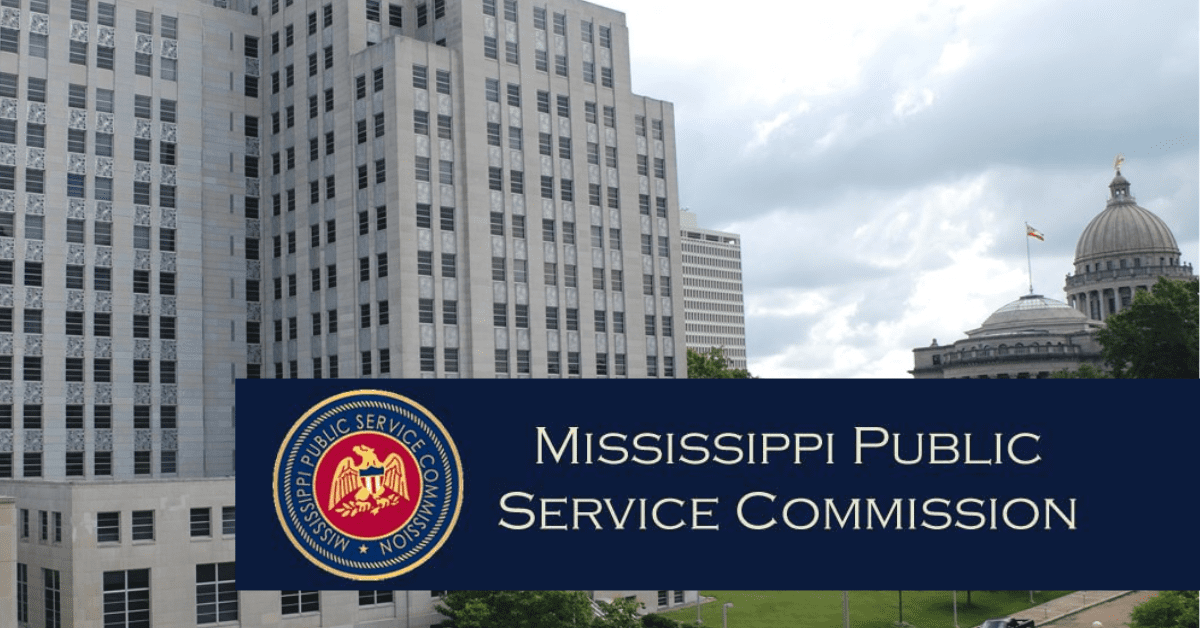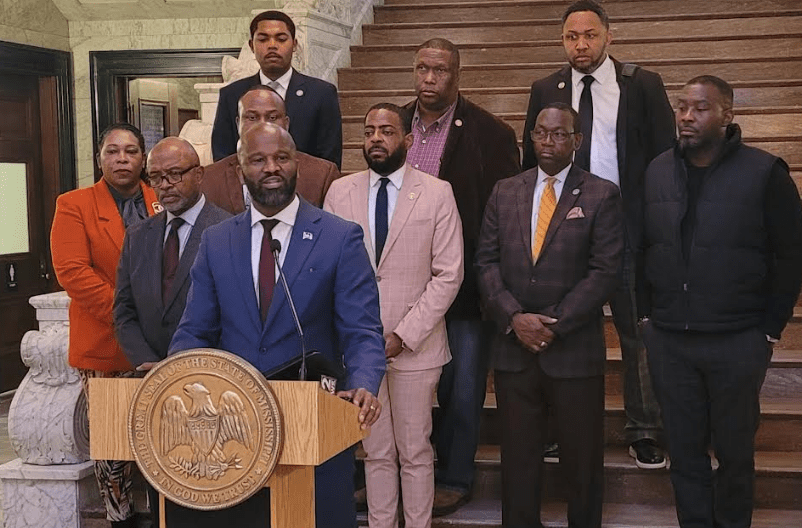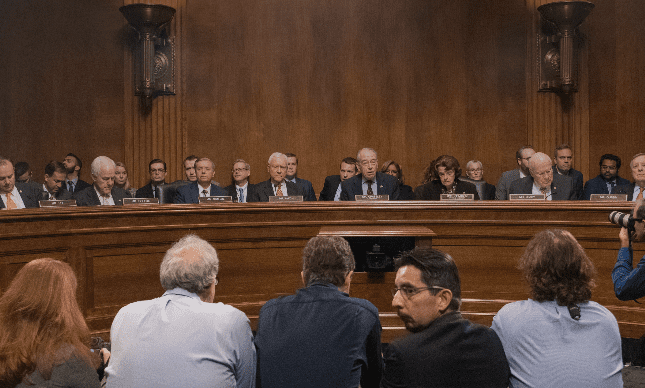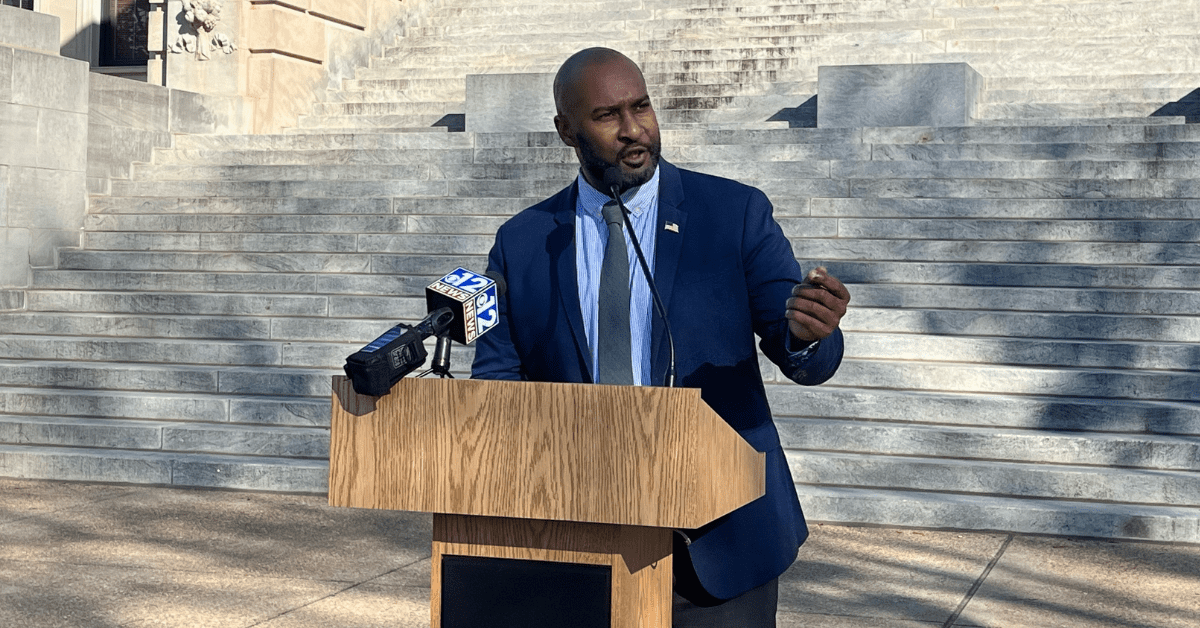
- Donations by renewable energy proponents to former Public Service Commissioners and candidates drew scrutiny during the 2023 election cycle.
Mississippi Public Service Commissioners, or candidates for the three offices, have been required to adhere to strict guidelines regarding direct and indirect gifts and campaign contributions, specifically related to any person acting in any respect for telecommunications, electric, gas, water and sewer utilities they regulate.
However, as reported by Magnolia Tribune during the 2023 election cycle, questions surrounding emerging energy technologies, their oversight or coordination under the Public Service Commission and related political donations from such persons have drawn increased scrutiny over the past year. Former Commissioner Brandon Presley’s failed bid for Governor as the Democratic nominee factored into that increased review.
Littered throughout Public Service Commissioner campaign finance reports over prior years are donations from organizations and persons who advocate for increased solar or renewable energy production and usage. Yet, renewable energy lobbyists or company executives were not specifically covered by the campaign finance restrictions on Public Service Commissioners, allowing a loophole, so to speak.
The Mississippi Legislature has passed a measure aimed at closing that gap by amending the campaign finance law for Public Service Commissioners and candidates, changing the language to “covered person” in an effort to capture all entities or persons that may come before the Public Service Commission.
Both chambers unanimously passed House Bill 1664, which defines “covered person” as:
- Any person interested as owner, agent or legal representative of any telephone, gas, water, wastewater or electric public utility.
- Any person acting at the request or direction of an owner, agent or legal representative of any telephone, gas, water, wastewater or electric public utility.
- Any person, entity or any owner, agent or legal representative of such person or entity that submits any filing in a Public Service Commission proceeding in the forty-eight (48) months preceding the date of the gift, pass, money, campaign contribution or any emolument or other pecuniary benefit.
- Any person acting at the request or direction of any person, entity or any owner, agent or legal representative of such person or entity that submits any filing in a Public Service Commission proceeding in the forty-eight (48) months preceding the date of the gift, pass, money, campaign contribution or any emolument or other pecuniary benefit.
Those persons submitting a customer complaint or other inquiry to the Public Service Commission or the Public Utilities Staff concerning service, billing or any other aspect of their service would not be considered a “covered person.”
House Public Utilities Committee Chairman State Rep. Brent Powell (R) authored the legislation. Vice Chairman of the Committee, State Rep. Jonathan Ray Lancaster (R) presented the bill to the House in early March. Lancaster told members that the legislation updates and modernizes the law.
“It’s already law. This changes the language from specifying telephone companies, gas companies, electric utility companies, and it takes that out and changes it to covered person because it’s to cover the newer sources like solar, wind, things we didn’t have back then and whatever else may come in the future that may be unforeseen,” Rep. Lancaster said.
State Senator Joel Carter (R) presented the bill to the Senate in early April. He told members the legislation narrows who can donate to Public Service Commissioners and candidates.
“We’re trying to make sure we have a transparent process in which they operate and that there’s accountability there,” Senator Carter said.
No changes were made to current law as to the penalties for violating the statute. Those found guilty of violating the law would still be subject to not less than a $5,000 fine or imprisoned in the State Penitentiary for not less than one year, or both.
The legislation has been sent to Governor Tate Reeves’ desk, where he is expected to sign the legislation into law this week.










